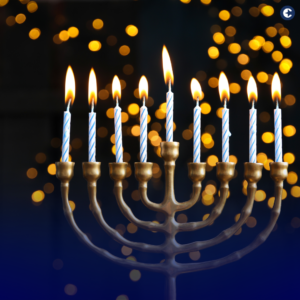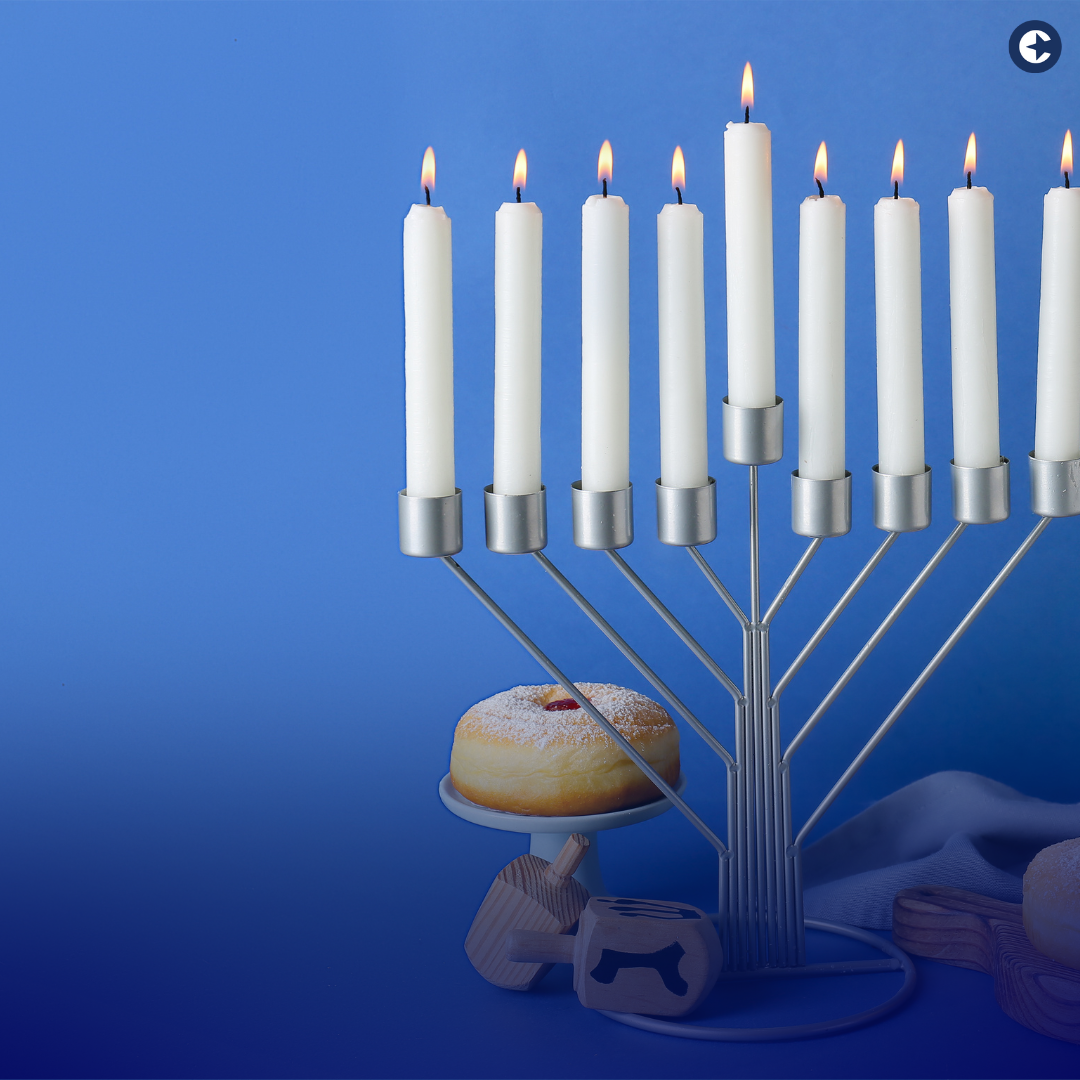Chanukah, also known as Hanukkah, is a Jewish holiday celebrated with great fervor and joy. Often termed the Festival of Lights, it holds a special place in the hearts of Jewish communities worldwide. This eight-day celebration, rich in history and tradition, has both religious and cultural significance. Let’s delve into the story, traditions, and enduring relevance of Chanukah in today’s world.
The Historical Backdrop
Chanukah commemorates the rededication of the Second Temple in Jerusalem during the second century BCE. This was a time when the Jewish people, led by the Maccabees, triumphed against the Hellenistic oppressors who had desecrated their sacred temple. The word “Chanukah” itself means “dedication,” signifying the rededication of the temple.
The Miracle of the Oil
At the heart of the Chanukah story is the miracle of the oil. When the Maccabees reclaimed the temple, they found only a small amount of sacred oil, enough to light the temple’s menorah for just one day. Miraculously, this oil lasted for eight days, which was the time needed to prepare a new supply of consecrated oil. This event is central to Chanukah’s celebration and symbolism.
Celebrating Chanukah: Traditions and Customs
Lighting the Menorah
The most visible and significant tradition of Chanukah is the lighting of the menorah, a nine-branched candelabrum. Each night of the festival, an additional candle is lit by the shamash (the helper candle) until all eight candles are lit on the final night. This ritual is performed to commemorate and publicize the miracle of the oil.

Dreidel: A Game of Chance
The dreidel, a four-sided spinning top, is a traditional game played during Chanukah. Each side of the dreidel bears a Hebrew letter (Nun, Gimel, Hei, Shin), forming an acronym for “Nes Gadol Haya Sham” (“A great miracle happened there”). This game has roots in the times of oppression, when studying Torah was forbidden. Jews would study in secret, and if soldiers approached, they would quickly hide their texts and play with dreidels to avoid suspicion.
Culinary Delights
Foods cooked in oil are central to Chanukah cuisine, symbolizing the miracle of the oil. Popular foods include latkes (potato pancakes) and sufganiyot (jelly-filled doughnuts). These delicious treats not only represent the holiday’s history but also bring families together in celebration.
Chanukah’s Contemporary Relevance
Chanukah goes beyond its historical and religious significance; it’s a celebration of freedom and resilience. In today’s context, it symbolizes the triumph of light over darkness, freedom over oppression, and the importance of upholding one’s identity and beliefs.
A Universal Message
While distinctly Jewish, Chanukah conveys a universal message relevant to all cultures and faiths. The holiday’s focus on light, hope, and perseverance has broad appeal, especially during challenging times.

Conclusion
Chanukah is a festival steeped in history, rich in tradition, and vibrant in its celebration. It is a time for joy, reflection, and togetherness. By lighting the menorah, playing dreidel, and enjoying traditional foods, we not only honor the past but also embrace the values and lessons that are as relevant today as they were over two millennia ago.
For more follow us on Instagram, Facebook, Twitter, & LinkedIn.


